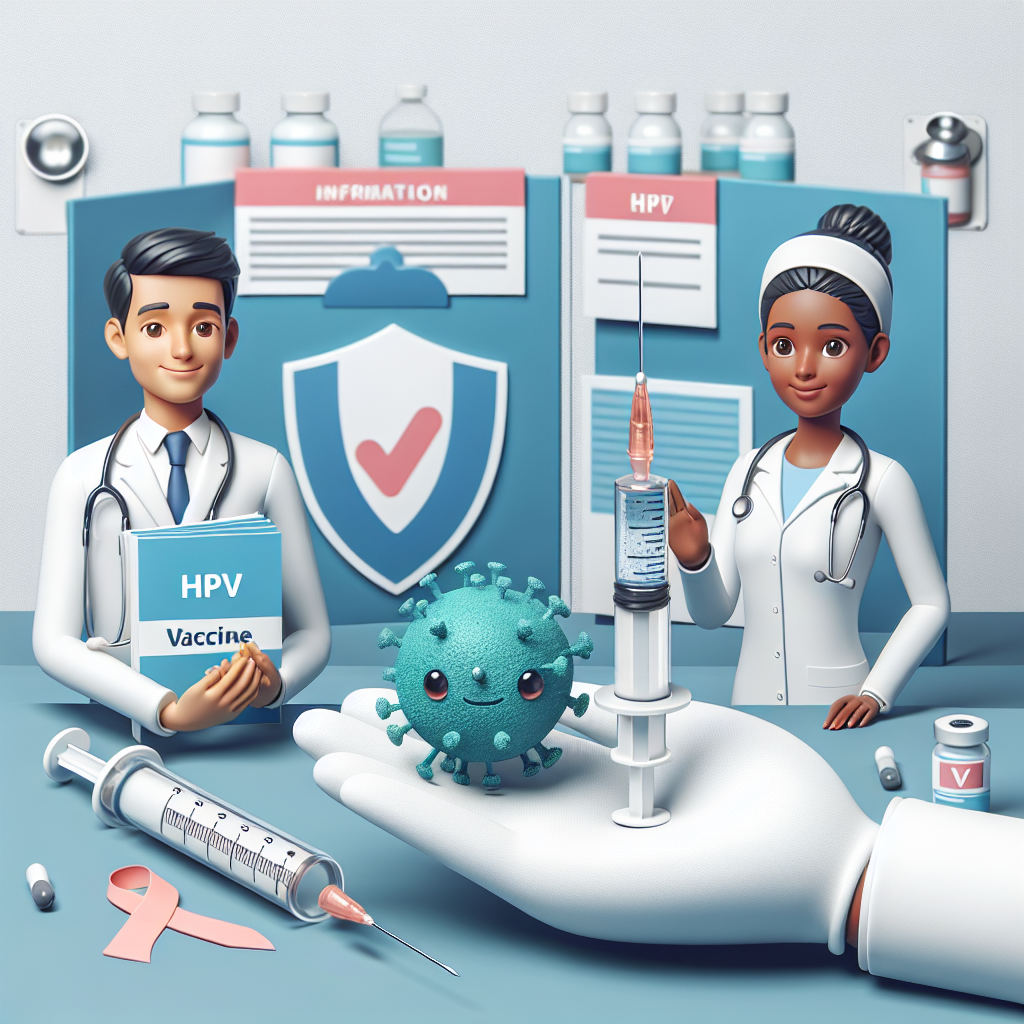HPV Vaccine: A Shield Against Cervical Cancer
A new study highlights the long-lasting effectiveness of the HPV vaccine in preventing cervical cancer, particularly when administered at ages 12-13. The research shows significant benefits, including reduced health inequalities in deprived areas, underscoring the importance of vaccination and regular cervical screening in Scotland.

- Country:
- United Kingdom
A recent study has affirmed the HPV vaccine's robust and enduring protection against cervical disease, a precursor to cancer. Administered to girls under 18, the vaccine shows the greatest benefits when given between ages 12 and 13, reducing risks significantly.
Conducted by Public Health Scotland with the Universities of Strathclyde and Edinburgh and published in the International Journal of Cancer, the research reveals the vaccine's sustained efficacy over 12 years, particularly among women from deprived Scottish regions, thereby addressing health disparities.
Amid efforts to make cervical cancer rare, Dr. Kirsty Roy from Public Health Scotland emphasizes vaccination for all S1 pupils and encourages regular cervical screenings to maintain low rates of cancer development.
ALSO READ
-
India Upskilling Public Health: New Modules for Chemical Emergency Response
-
Ethiopia, WHO Advance Digital Public Health Systems for Emergency Response
-
Federated learning enables secure, decentralized public health systems
-
Lahore Chokes as World's Most Polluted City: A Public Health Emergency
-
Nutrition with Caution: WHO’s New Rules on Fortifying Oils for Public Health









